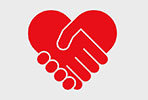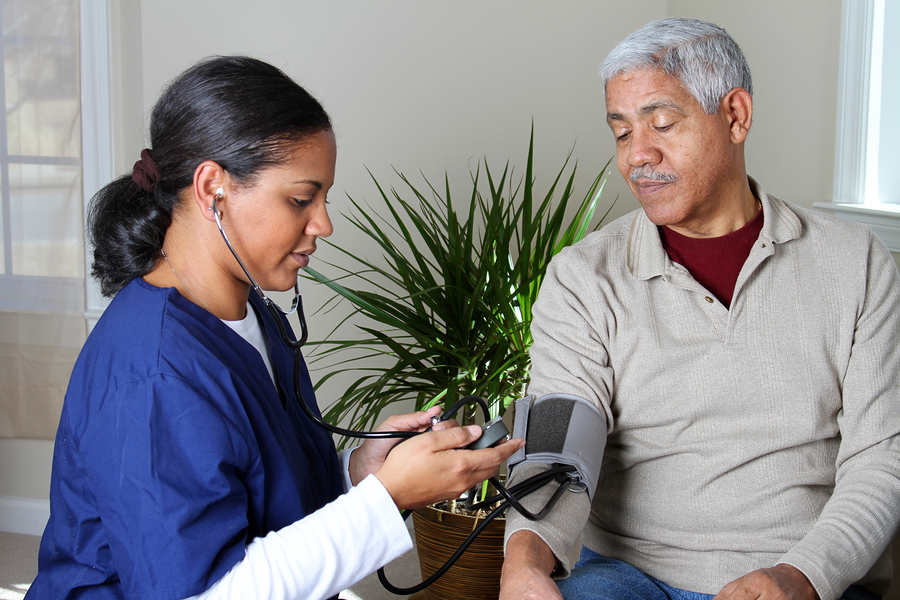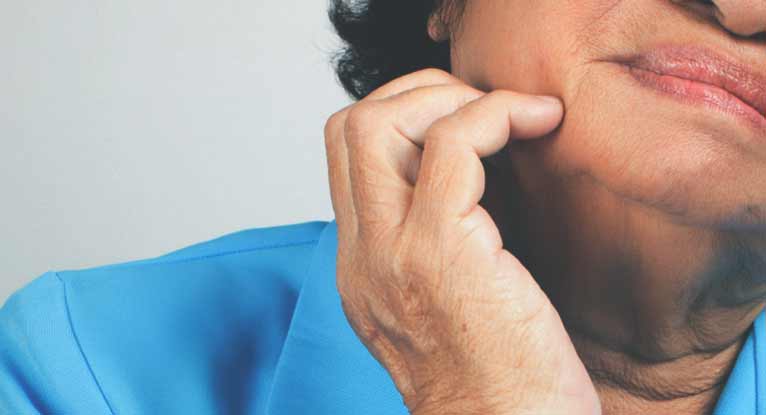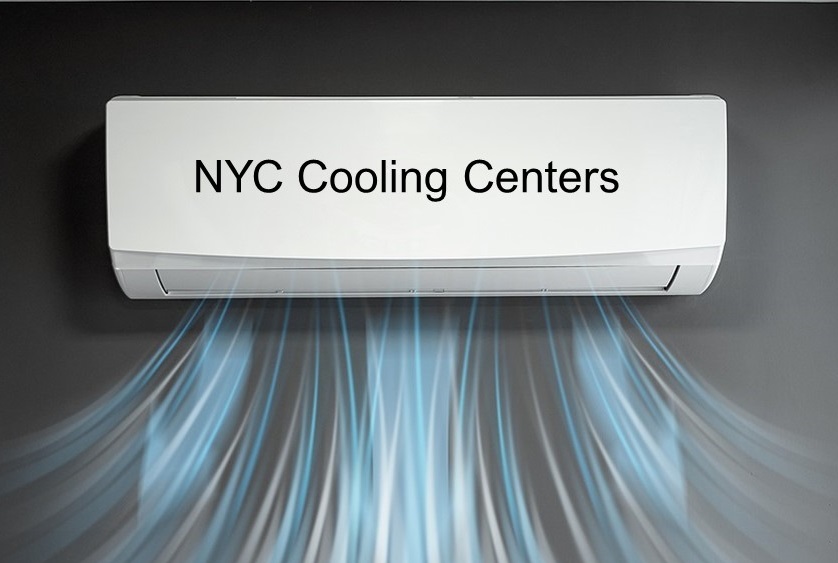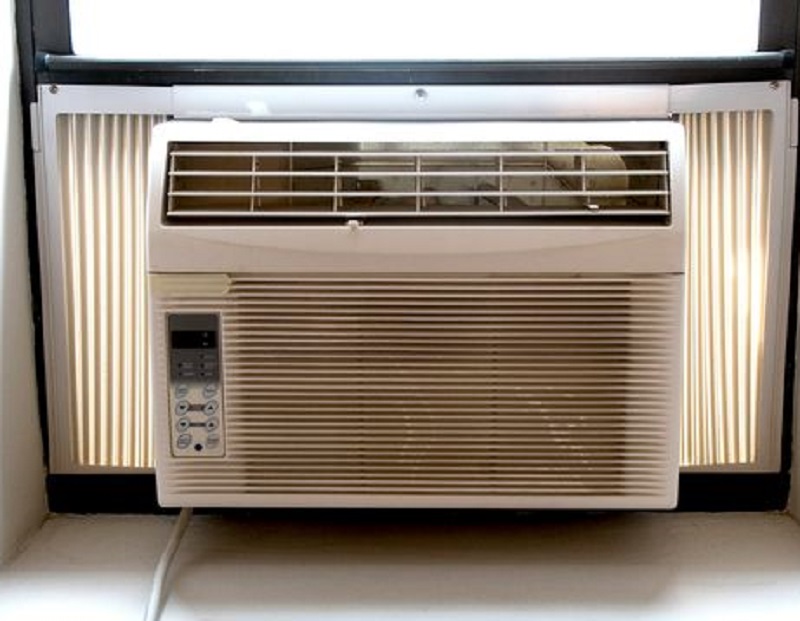What is shingles?
Shingles is a viral infection that causes rashes to appear on the body. These rashes are extremely painful and appear on one side of the body, usually, in a striped pattern. Symptoms of shingles include:
- Pain, itching, or tingling before the appearance of a rash
- A red rash consisting of fluid-filled blisters on the right or left side of the torso, shoulder, neck or face
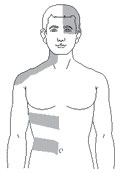



- Fever
- Headache
- Chills
- Fatigue
- Sensitivity to light
- Upset stomach
Visit or contact your doctor as soon as you start experiencing symptoms of shingles. Visit your doctor immediately if:
- The rash occurs on your face, especially near your eyes
- You’re 70 years of age or older
- You have a weakened immune system
- The rash is widespread (similar to chickenpox)
There is a higher risk of complications for those who experience any of the following above or who do not seek treatment right away. These complications can include:
- Skin and blister infections, which can be caused from the blisters becoming infected by bacteria normally found on the skin.
- Postherpetic neuralgia, or PHN, which happens when damaged nerve fibers send the brain false messages, causing the person to experience pain even after the rash and all of the symptoms of shingles are gone.
- Neurological problems, including brain inflammation (encephalitis), facial paralysis, hearing or balance issues.
- Eye damage/loss of vision, which can occur when the rash is close to the eye.
When properly treated, shingles usually clears up in two to four weeks.
Causes and prevention
Shingles shares the same virus as the chickenpox, which is the the varicella-zoster virus. People who have experienced chickenpox in the past still hold the virus, which can reactivate later on in life as shingles. Although shingles can happen at any age, it mostly affects older adults. The risk of getting shingles increases with age. Other risk factors include having a disease that weaken the immune system such as HIV/AIDS or cancer, undergoing cancer treatments such a radiation and chemotherapy, and taking certain medications.
Although there is no foolproof way to prevent shingles, the shingles vaccine does lower your chances of getting shingles. Even with the vaccine, there is still a chance that you can get shingles. But, the vaccine does reduce the severity of the symptoms and reduces the likeliness of postherpetic neuralgia. The vaccine is approved for adults over the age of 50, and is not a cure for people already suffering from shingles.

